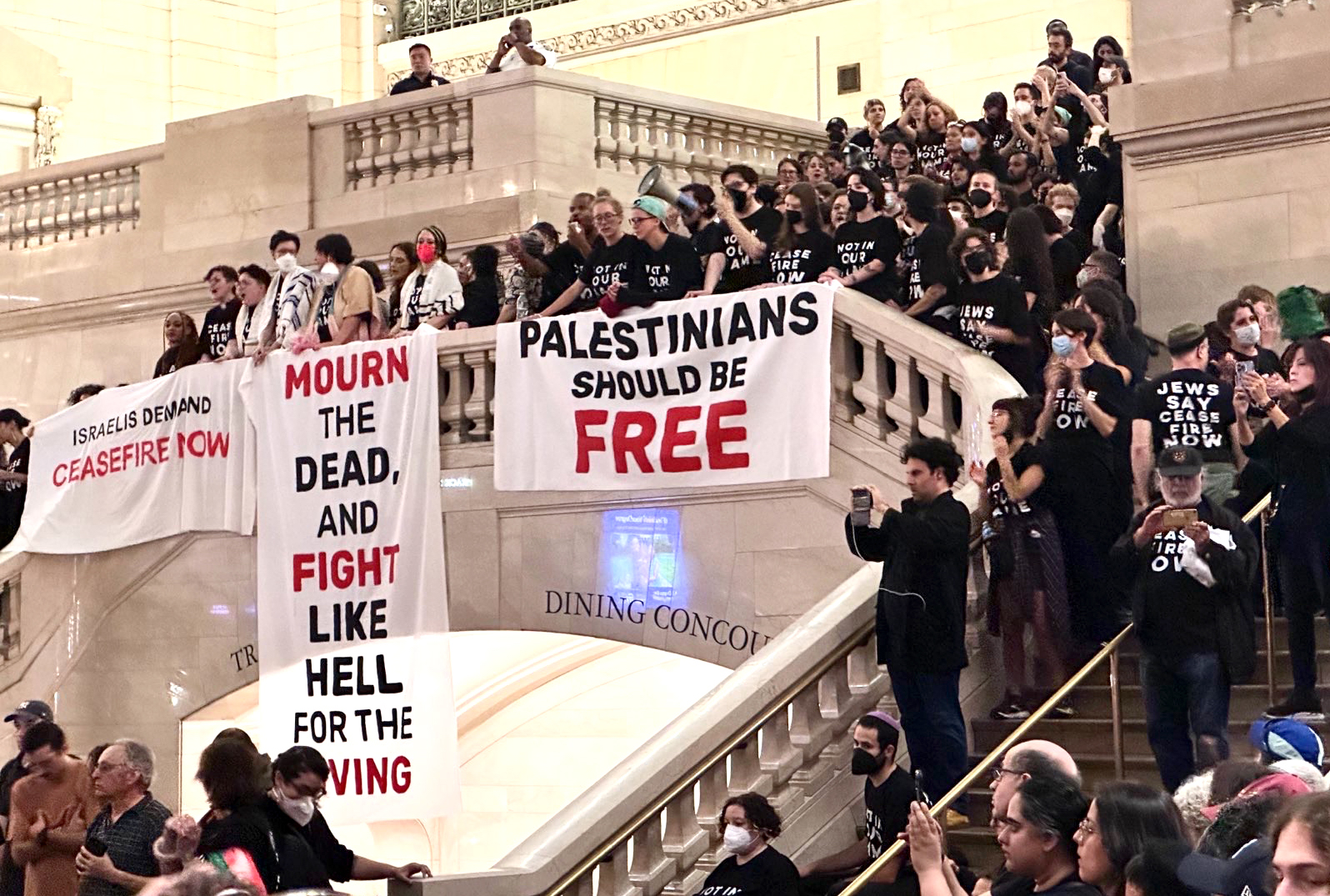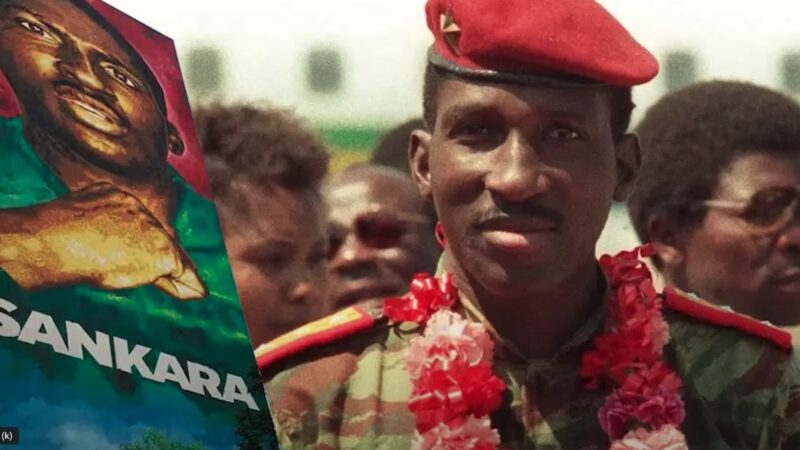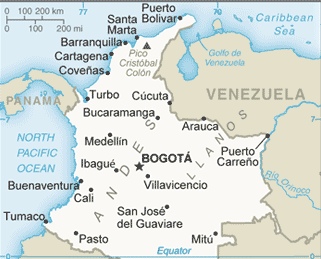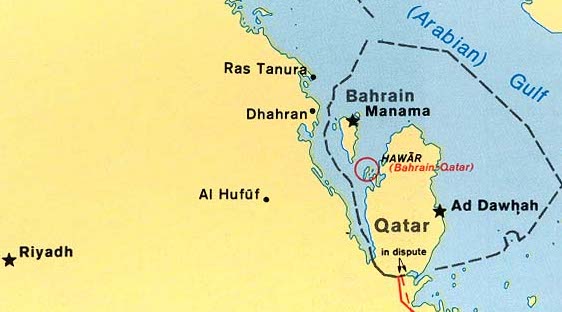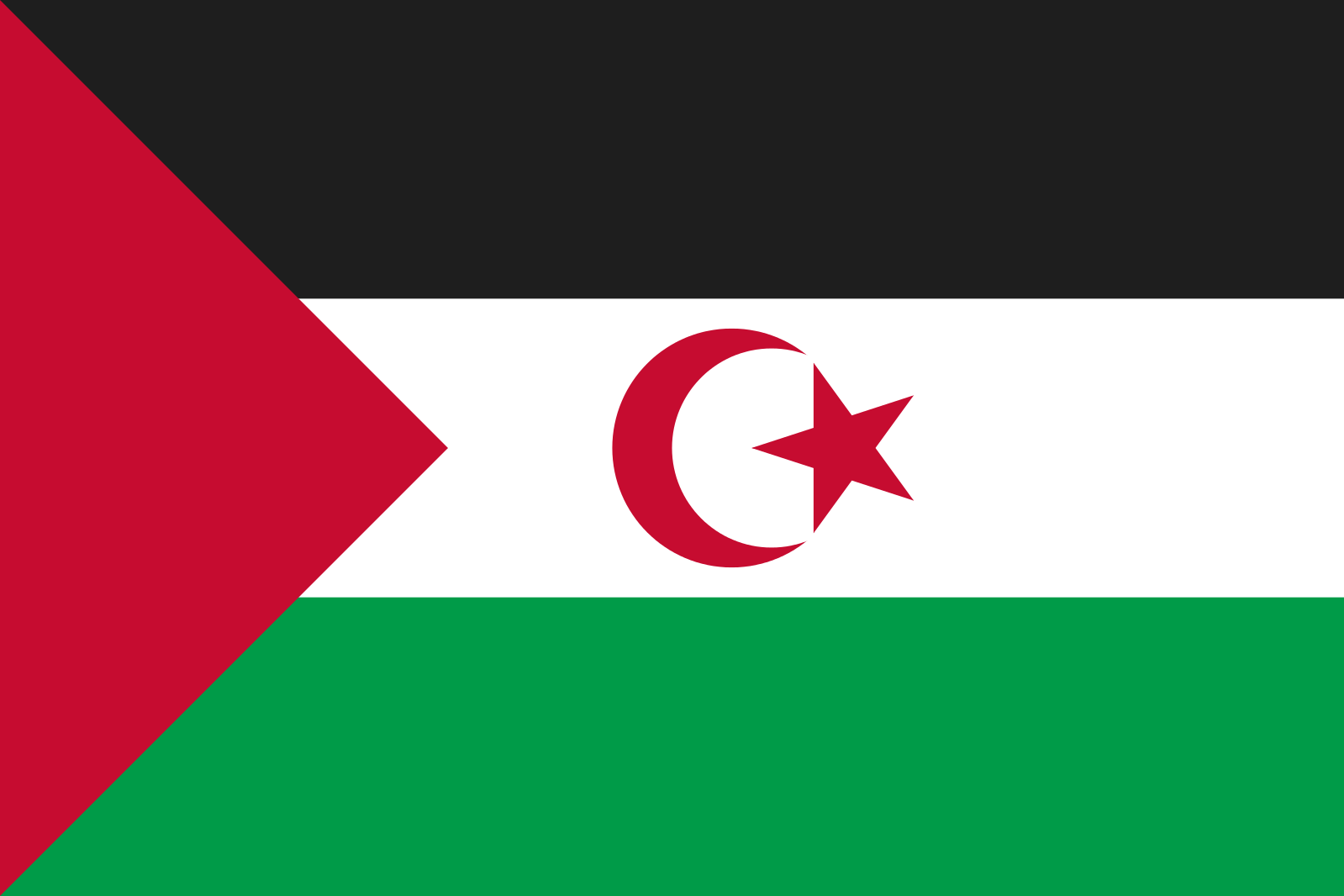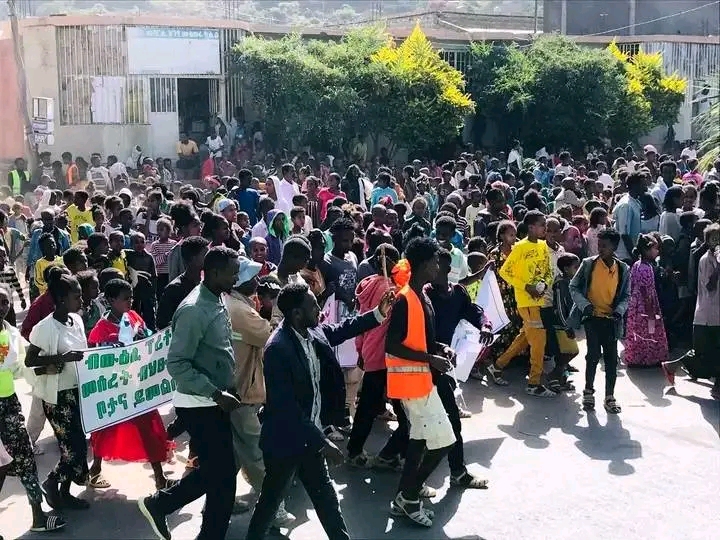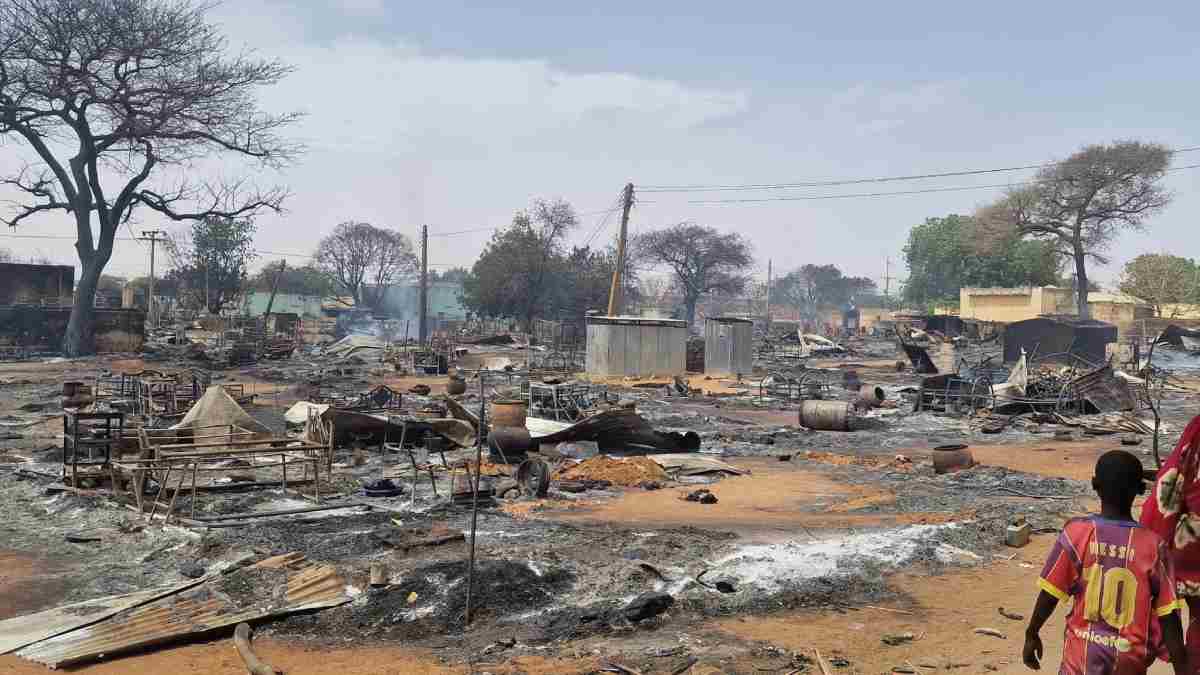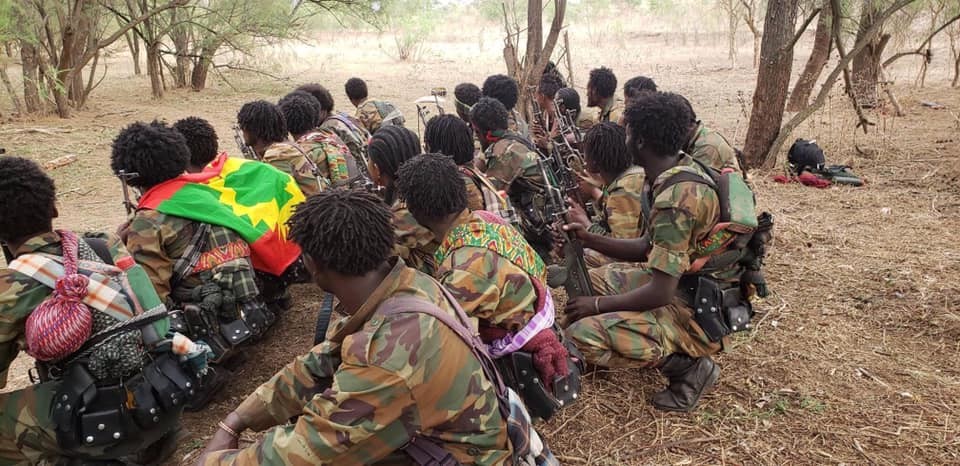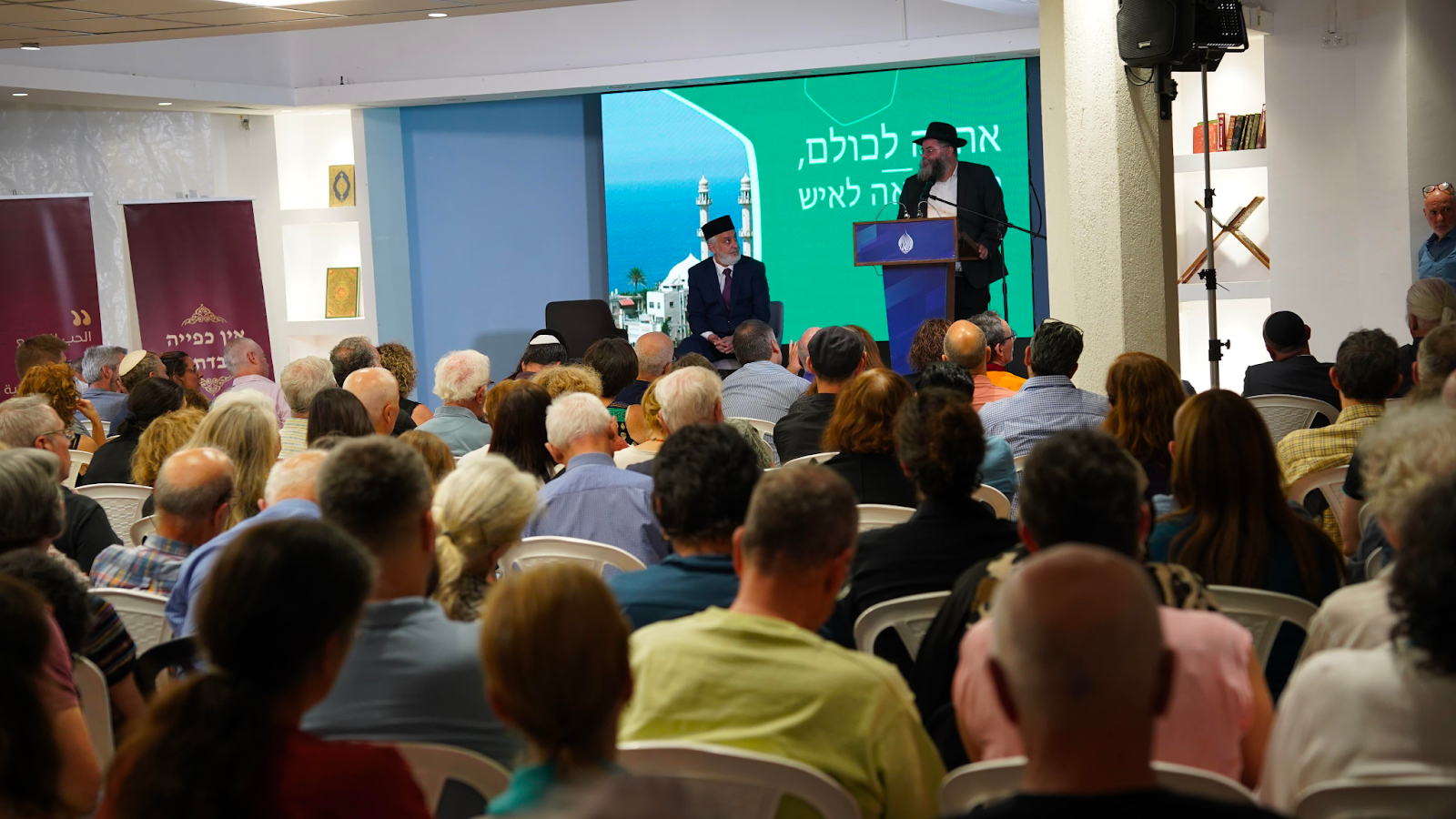
Jewish-Arab solidarity meetings held in Haifa
Since the Gaza bombardment began, three joint Jewish-Arab gatherings for coexistence and mutual solidarity have been held in Haifa, hosted by the Israeli city’s Ahmadiyya Mahmud Mosque. The Ahmadiyya Muslim Community convened the meetings, bringing together representatives from various faiths, including Jewish rabbis, Christian pastors, Muslim and Druze imams, and even a Buddhist monk. The meetings have drawn up to 600 attendees. The Ahmadiyya amir of the Holy Lands, Muhammad Sharif Odeh, urged Jewish guests not to justify collective retaliation: “It is haram [unlawful] to kill civilians and innocent people—this is not the right way, there are other solutions, without weapons. Muslims and Jews have lived together for more than 1,300 years, and Jews were given their rights under the Muslim rule… Muslims and Jews should know that not speaking up in the face of oppression destroys the human feelings in our hearts, and stops us from feeling empathy towards the pain and suffering of each other.” (Photo: Al Hakam. Banner reads: “We are allies, not adversaries”)



